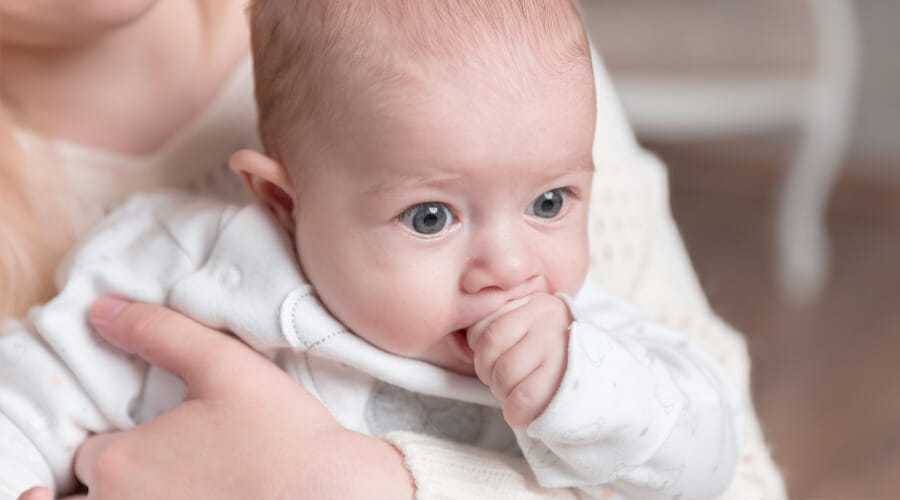
6 Newborn Baby Eye Problems
A lot of people think eye problems come with age, but there are many eye problems that newborn babies can have. Babies can develop eye problems for a variety of reasons such as from infections, present of problem at birth, or congenital eye problems, amongst other reasons. Here I will go through a few of these problems.
1. Childhood cataracts
Childhood cataracts is a common eye problem. They can be congenital, developing before or soon after a baby is born, or they can develop in older babies and children. Although more commonly found in older adults cataracts can happen at any age. Cataracts happen when the lens of the eye becomes cloudy and hardens which causes issues with the vision. Cataracts in babies are normally picked up by healthcare professionals when they are carrying out checks on the baby. It may be necessary for the baby to have surgery to remove the cataracts. They can occur in one or both eyes.
2. Blocked tear ducts
Tears are drained from each eye from four tiny holes on the eyelid margins, two at the top and two at the bottom. Another common condition in babies is that one or more of the ducts may be blocked. This can cause eye infections and the baby might need antibiotics to clear up the infection. If the tear duct does not open naturally, then surgery with an ophthalmologist may be required, but most tear ducts do open up by themselves within the baby’s first year.
3. Ptosis
Again, ptosis is a problem seen a lot in older adults where one or both eyelids start to droop. This can also be found in newborn babies where one or both eyelids do not develop correctly. Surgery may be needed, as if it is left untreated it can cause a lazy eye later in the baby’s life.
4. Retinopathy of prematurity
Babies that are premature can be born with underdeveloped eyes. It tends to be the blood vessels that transport blood to the retina that are not fully matured and need more time to grow. Once a baby is born, the inside of the eye could be damaged if these type of blood vessels do not grow as they should. Premature babies will be under constant monitoring and they will have an examination of their eyes to make sure the blood vessels have developed correctly, if they are not then treatment may be needed to prevent any more damage to the eye.
5. Eye infections
Babies are exposed to whatever bacteria is found in the mother’s birth canal during labour, and this can cause eye infections. It isn’t uncommon for babies to contract conjunctivitis soon after birth, an antibiotic drop or ointment will clear this up. There are also various sexually transmitted infections which can be passed onto the baby during labour that cause eye infections.
6. Eye defects
Newborn babies can be born with eye defects that can affect any part of the eye such as the cornea, lens, retina, eyelids, one eye being smaller than the other, and sometimes there is an abnormality or loss of vision that cannot be explained. If a baby is born with an eye defect it is known as a congenital condition, and depending on the type of defect it is, will depend if treatment or surgery is needed.
Eyes are such an important part of us and looking after them needs to start from birth. If you have any concerns about your newborn’s eyes, whether it be infection, disease or just something that doesn’t seem right it is extremely important to get it checked by an eye doctor as soon as possible to avoid any long term damage or vision loss.

About the expert
Mr Hamada | Consultant Ophthalmologist and Corneal Surgeon
MD, MSc, DO (hons), FRCSEd, FRCOphth I am Samer, founder and consultant ophthalmic surgeon with over 20 years’ experience in ophthalmology. I am a world-renowned specialist in cornea, cataract and refractive surgery. I’m not only a leading surgeon but also the only dual fellowship trained in corneal diseases in children from reputable institutions in the UK. At Eye Clinic London I work closely with other consultant ophthalmologists, optometrists and orthoptists to achieve the best outcomes for our patients. Our main aim is to make sure our patients get the safest and best treatments available to them. We put your safety before anything else so you can rest assured that if you choose us you will be in the best and safest hands.



